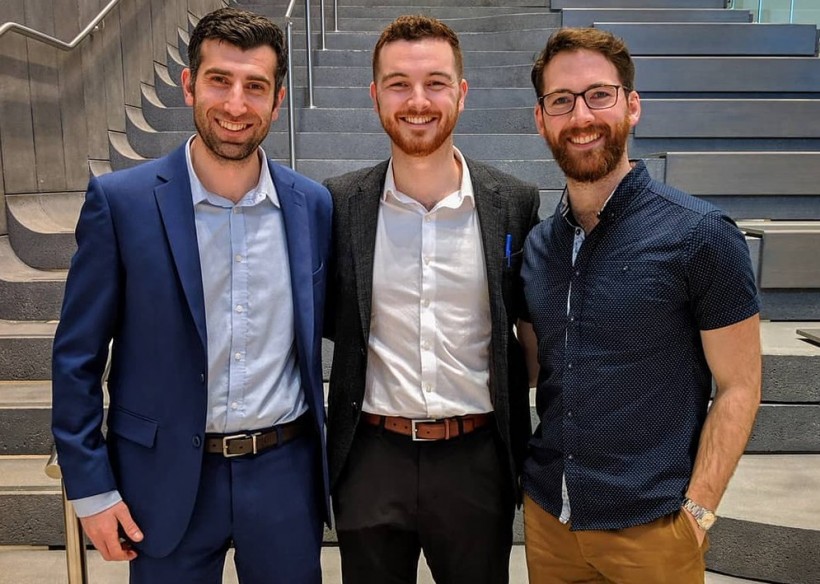St. John’s-based PolyUnity has joined Eastern Health Authority’s Living Labs initiative, which will support the young company in its mission to help train doctors around the world with the aid of 3D printing.
Founded by three med students at Memorial University of Newfoundland, PolyUnity has set out to produce low-cost 3D-printed medical simulation models, allowing medical professionals to download them from its website, then 3D-print them for use in training.
Eastern Health is the largest health authority in Newfoundland and Labrador and it has recently launched its Living Labs and Test Beds initiative, which allows entrepreneurs to move into its facilities and work with its medical staff to develop products for the broader market.
“It’s something that we’ve been working on for some time,” said PolyUnity Co-Founder and Chief Operating Officer Travis Pickett in an interview. “It validated what we’re trying to do on a local level. Second, it helps us to access healthcare professionals in Eastern Health. It’s exciting for us as well because it will stimulate the local economy in healthcare technology.”
One of the interesting parts of the PolyUnity story is that it was founded by three students in the MUN Faculty of Medicine, who shared a common vision of using 3D printing to help train doctors and other medical practitioners around the world. CEO Michael Bartellas and Chief Compliance Officer Stephen Ryan graduated as doctors in the past two years, and Pickett will graduate this year.
Last year, they won $10,000 at the Memorial Centre for Entrepreneurship’s Woodford Cup, which allowed them to access other forms of non-dilutive financing and begin to develop their product.
Applications for the 2020 Woodward Cup Close Sunday
PolyUnity aims to help train 30 million healthcare professionals around the world. Medical staff in any country can download material from polyunity.com and use a common 3D printer to create a medical simulation of part of the human body.
The practitioner can then practice a medical procedure on the model, a low-risk means of learning how to carry out critical medical jobs. These are tasks that many practitioners have to carry out only two or three times in their careers, and training saves lives.
PolyUnity has already sold material that helps medical staff learn how to perform a cricothyrotomy, which is an emergency incision into the throat to allow someone to breathe if his or her main airway is blocked.
“It’s an emergency procedure that most healthcare professionals would only get to do a few times in their life,” said Pickett. “What we’re trying to do is create accessibility in the market. We want to bring down the cost of training so people who cannot afford [more expensive training materials] can do it.”
The five-member team has spent much of the last year working with doctors and scientists to make sure their models and content are medically sound. The company has produced a database – which it calls the Polybase -- of two models so far, and will soon be working on a total of five to 10 models. By the end of the year, the team hopes to have developed its Advanced Trauma Life Support Curriculum, which will start with about three models and then grow. This is the product they will take to the market, though they are still working on the revenue model.
“The important part of a startup is making things happen fast, so we’re hoping to grow our team over the next 12 months," said Pickett. "Those staff, we hope, will help develop the product.”










